Stephen Finlay Archer
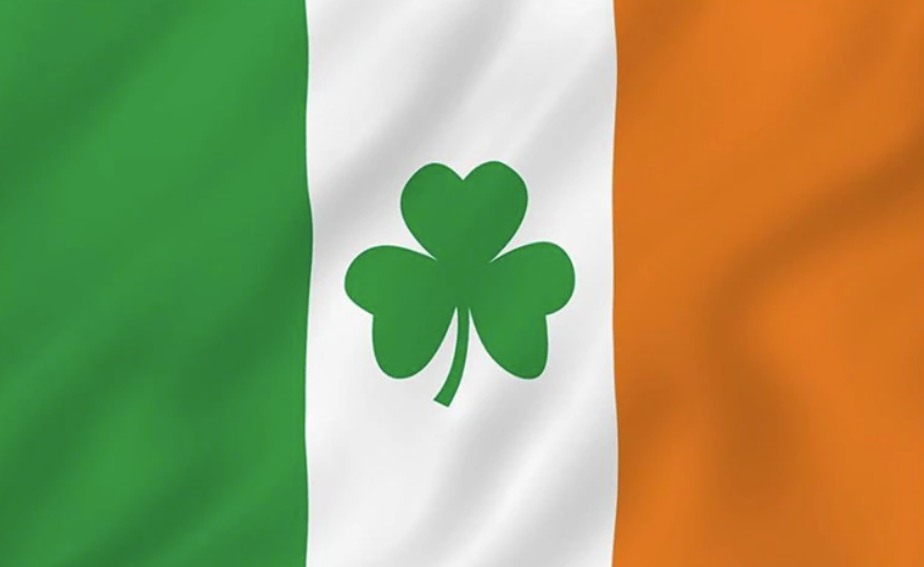
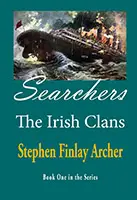

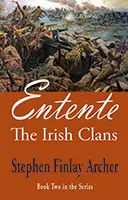

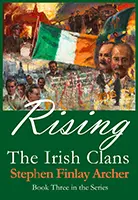

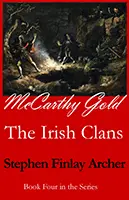

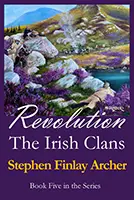

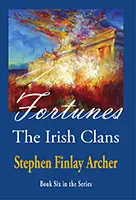

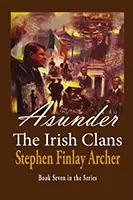

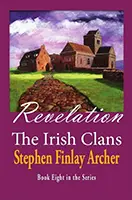

Midwest Book Review, The Irish Clans, Book Five, Revolution – Irish to the Core Weekly Blog 33
Today I want to share with you the recent review of my fifth The Irish Clans novel titled Revolution.
A) Midwest Book Review by Diane Donovan, Donovan Literary Services
Revolution, The Irish Clans Book Five by Stephen Finlay Archer, Manzanita Writers Press
9781952314001
While it may seem that revolution already fuels the atmosphere in the first four books in the Irish Clans series, Book 5 takes a closer look at the unfolding events that opened the series in 1915 and moves towards a civil war in 1922–1923.
Once again, the lasting legacy and rekindled growth of the McCarthy and O’Donnell Clans add fuel to the fire of anti-British forces and internal debates that threaten to tear Ireland apart.
Hidden treasure and new possibilities again play a major role in the uprising as individuals pursue both personal goals and wider-ranging ideals. But the heart of Revolution lies in its ability to depict connections between historical events, the 1900s challenges that affect Morgan and Tadgh’s lives, and the forces that bring them to the brink of drowning.
From puzzles and their connections to quaffing drinks in pubs that foster the plans and rudiments of war, Morgan and Tadgh navigate an increasingly dangerous atmosphere that’s on the brink of exploding. Readers are introduced to Irish culture and sentiments in a manner that brings these times and perspectives to life.
As Archer builds his series, it’s evident that its foundation of solid historical facts (reviewed in the back of each book, to provide history buffs with detailed information) lends to the evolving story.
It’s easy to absorb medieval Irish history, myths, and culture when these elements are presented through the eyes, hearts, and experiences of memorable characters whose individual concerns and pursuits become embroiled in Irish politics.
Revolution both enhances the series and, once again, concludes in a cliffhanger designed to set the stage for the next addition to the series.
Archer’s ability to build intrigue, incorporate a secret pact and treasure hunt into Ireland’s evolving struggles, and present all events through the eyes of characters who each hold personal strengths and ambitions creates a story that is engrossing, hard to put down, and another strong compliment to the series as a whole.
Collections strong in historical fiction, treasure hunt intrigue, and Irish culture and history will find each book in this series a sterling example of the ability of historical fiction to educate in a lively, compelling manner.
B) Author Insight for Revolution
This novel bridges the time from the aftermath of the Irish Easter Rising in April 1916 to the middle of the Irish War of Independence in late 1920 when Bloody Sunday in Dublin on November 21st escalates the conflict.
As I have discussed previously, the Irish Clans and freedom fighters were most successful against their British adversary when they employed guerrilla hit-and-run battle tactics even against overwhelming odds. It was only when the British maneuvered the Clans and their Spanish allies into a pitched battle at Kinsale in 1602 that they were successful.
After several guerilla rebellion attempts to overthrow the British, the 1916 Irish Easter Rising as I discussed in weekly blog thirty-one was a return to a pitched battle primarily in Dublin. The rebel leaders knew they would not win. There would need to be ‘blood sacrifice’. They were counting on the British to be so brutal that the citizenry of Ireland would rise-up in full revolution thereafter. And they were right.
After summarily executing the rebel leaders, the British incarcerated the bulk of the rebel force for a period of up to a year and a half. Michael Collins was the aide-de-camp to one of the principal rebel leaders Joseph Plunkett at the GPO headquarters in the Rising. He saw the futility, militarily of that type of battle.
While at Frongoch Internment Camp in Wales he organized what he called the revolution university. Next time would be different. He started building an intelligence network. The British released the Frongoch prisoners in December 1916.
The Sinn Féin group, founded before the Rising came to prominence as a physical-force nationalist movement. In 1917-18 Collins rose to become a member of its executive militarily and Éamon de Valera became its president politically. In the December 1918 general election, the Sinn Féin party swept into power and announced they would not go the British parliament but form their own clandestine government in Dublin. The first Dáil met in January 1919. This was the start of the War of Independence when two RIC policemen were shot dead in County Tipperary.
Collins trained assassins to reduce the British spy elements in Dublin. That completely disrupted the British intelligence. He developed small flying columns of Irish Volunteers that could strike quickly and disappear throughout the country, to disrupt roads, railways, the postal system, the judicial system, and the police systems in Ireland.
We will discuss how the British countered this insurgency in future blogs. Suffice it to say that this rebel approach was significantly more successful militarily and resource efficient than the Rising.
For more information on Revolution, I would suggest you read my weekly blog #24 on my website or Amazon Author page if you haven’t already done so. There I show the five-star review by Dee Marley, CEO and Reviewer at the Historical Fiction Company (thehistoricalfictioncompany.com).
Stephen’s novel series “The Irish Clans” can be purchased at https://amzn.to/3gQNbWi


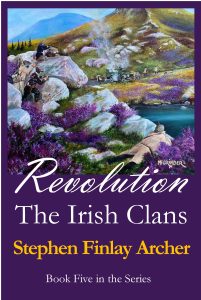
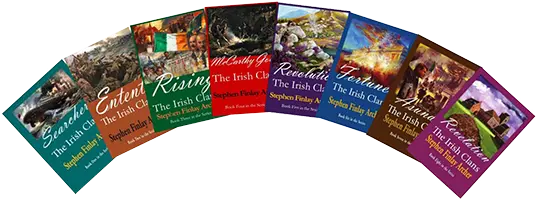
0 Comments